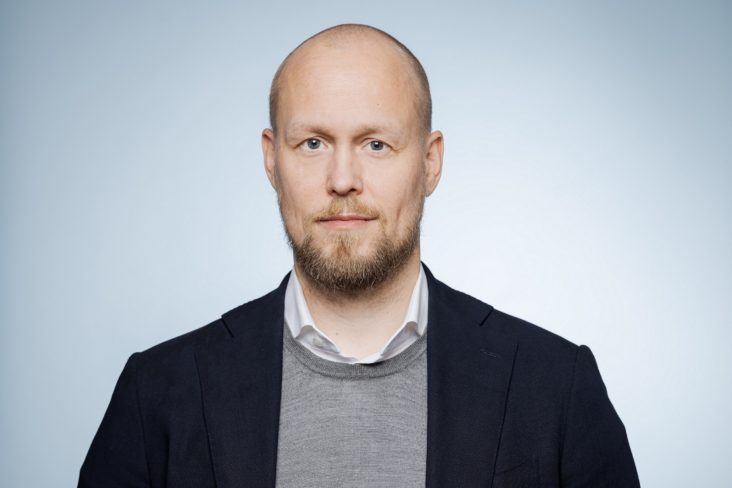Dubai Ranks Among Top Global Hubs For Talent & Innovation

Aspiring tech hubs must enact measures that both create traction quickly and that sustain growth and development in the future. The United Arab Emirates—96% of whose tech workforce is composed of immigrants—exemplifies the benefits of a well-planned, comprehensive strategy for developing a tech hub that deploys both short- and long-term levers. In a new report titled ‘Turning a Tech Hub into a Talent Magnet’, Boston Consulting Group (BCG) studied 11 tech hubs around the world that continue to thrive by attracting digital talent from beyond their borders. In particular, BCG analyzed the strategies and mix of policies Dubai has deployed to attract talent has fostered strong client relationships across the region since 2019, and already has a proven track record in delivering game-changing businesses for leading public and private organizations.
“Successful digital hubs need lots of digital talent—an increasingly scarce commodity. The global shortage of technology workers will reach 4.3 million by 2030. And that was before the onset of the COVID-19 pandemic, which heightened demand for digital services. Dubai recognized this appeal very early on in the game, attracting tech experts from every four corners of the world,” said Faisal Hamady, Managing Director and Partner, BCG.
“A major catalyzer in talent attraction is Dubai’s ongoing visa offerings which are a first in the region and further grounded the hub as one of excellence. These include business visas, under which foreigners can obtain a long-term visa as part of the Golden Visa system but also remote work visas and their assigned virtual working program for start-ups and entrepreneurs wishing to reside in the UAE all the while working outside the UAE.”
According to the survey, Dubai stands out as a leader in three waves by combining short- and long-term levers. First, for many years it successfully attracted leading technology companies with an aggressive corporate tax rate incentive capped at zero. Smaller tech companies followed with UAE operations. Moreover, it boasts a UAE’s Golden Visa and a pathway to citizenship for international investors and top talent from around the world, providing them with visas for up to 10 years – next to a recent work visa scheme which enable employees from all over the world to work remotely from the UAE. The one-year visa, considered first of its kind in the region, provides the opportunity for entrepreneurs and talents to innovate in the UAE’s safe and attractive business environment, with access to all the necessary services including world-class utilities and telecoms.
Second, it launched several initiatives to attract talent with the skills needed by industries targeted by the government, such as agriculture technology within the city’s 10-point action plan for Dubai Future District, a new space dedicated to the development of the future economy, as well as an AED 1 billion fund to support new economy companies who can power Dubai’s future growth. For the longer term, the government encouraged leading international universities to establish local campuses to attract top students and encourage the children of the current workers to remain in the UAE for their higher education.
Juergen Eckel, Managing Director and Partner, and regional Head of BCG Digital Ventures said“The report highlights that a feature of successful hubs is a range of policy tools. To win the digital talent challenge, policymakers need a clear vision of their hub’s current strengths, the key industrial sectors they aim to develop, and the type of workforce they need. And Dubai has done just that. Attracting digital talent requires insight into the factors that motivate skilled tech workers to move to new locations. Armed with this knowledge, policymakers can continue working with stakeholders in the local digital ecosystem to develop and execute strategies to build and nurture dynamic, resilient tech hubs that can spur innovation and economic growth for decades to come.”
Part of an established BCG network, which has operated across the Middle East for 15 years, BCG Digital Ventures, part of the BCG X tech-build and design business unit, recently opened in the region, introducing a new hub of corporate venturing talent and cementing its commitment to the GCC.
“In addition to combining short- and long-term levers, we identified three other key lessons that those other cities and nations can learn from the leading tech hubs we studied.These include developing and executing a strategic plan, building on existing strengths, and leveraging anchor companies to build broader hubs. With the right mix of policies that leverage existing strengths and enhance their appeal to digital talent and leading tech companies, cities and nations can nurture dynamic tech hubs that will become vibrant centers of international business,”added, Rami Mourtada, Partner & Director, BCG.
To address ongoing inflationary pressures, the UAE now offers select startups office space with two years of free rent, providing health insurance for employees all the while making it easier for incoming talent to attain work visas. Among other initiatives, it established incubators such as Dubai’s Area 2071 and recruited venture capital firms from around the world to establish local offices as a testament to Dubai’s commitment to act as a sustainable global center of excellence.


